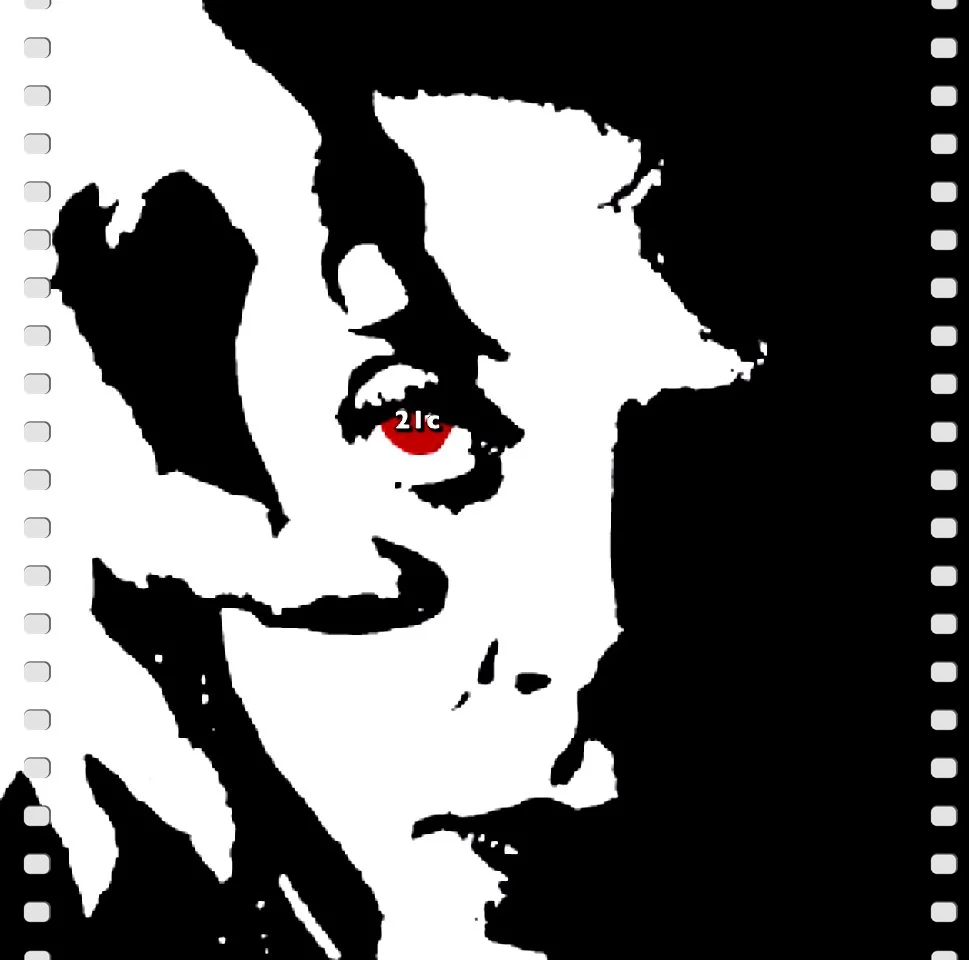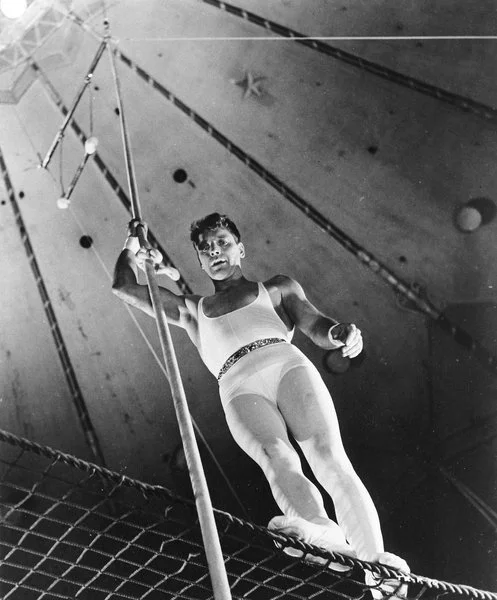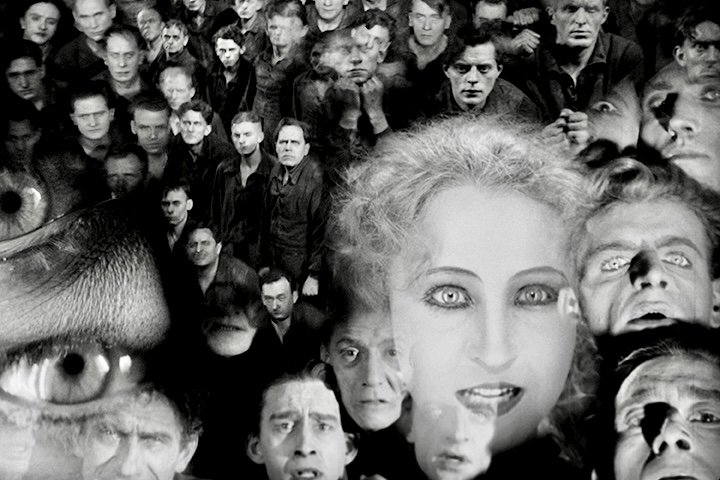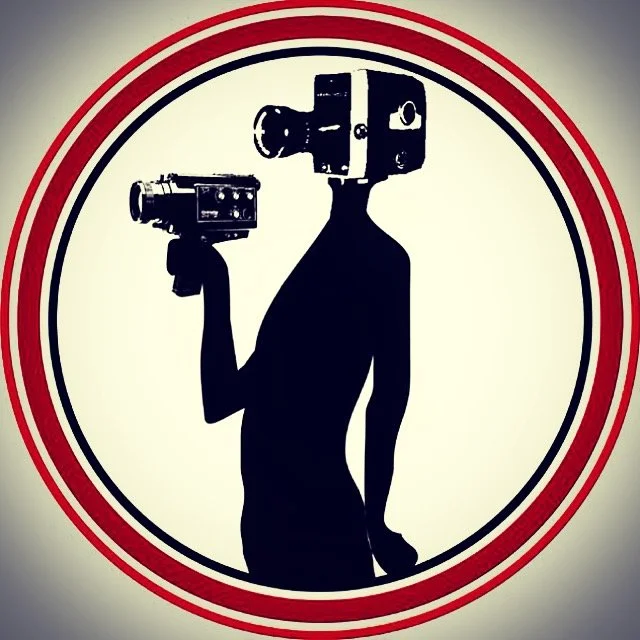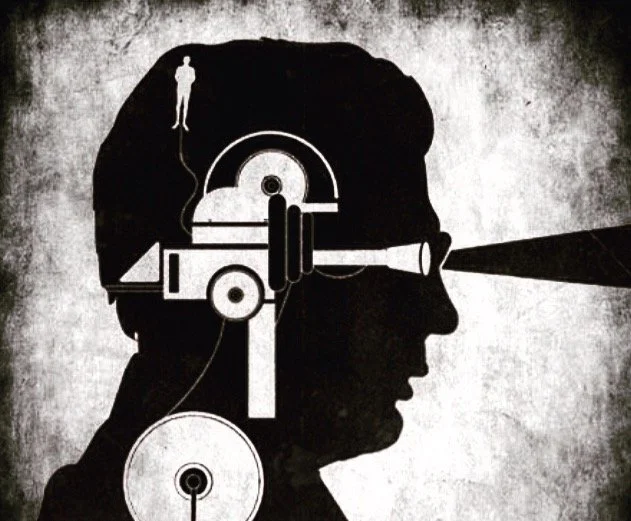Film Directing 114: The Director's Creative Partnerships
/Synergy is the goal
Bringing a film to life – and making it good – relies heavily on the script and the director. But the director is not working alone. There are many creative partners who align with the director, and two are of critical importance in pre-production and principle photography – the director of photographer and the production designer.
Working alongside the director, these two creative keys are responsible for crafting the visual images.
Read More


